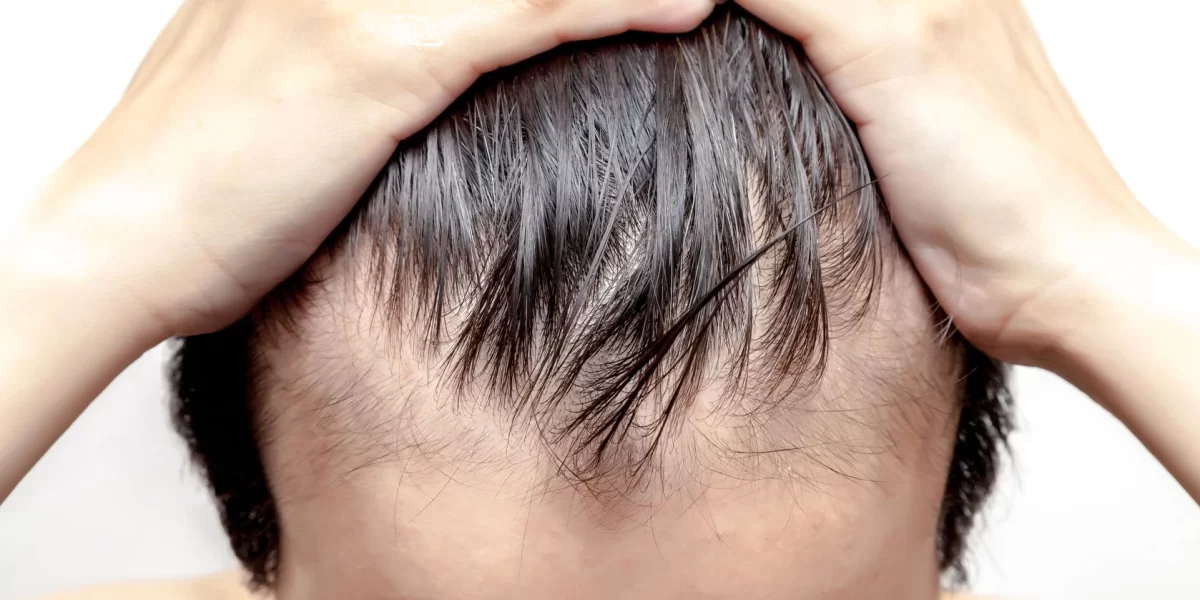Hair loss, medically known as alopecia, is a common concern that affects people of all ages and genders. Many factors can contribute to hair loss, including genetics, lifestyle, and medical conditions. However, one significant aspect that often goes unnoticed is the role of hormones in hair loss. In this article, we will delve into the relationship between hormones and hair loss, exploring valuable insights from the field of medical trichology. Additionally, we will mention the IICAD Institute Mumbai, a leading training institute in this specialized field.
Understanding Hormones and Their Impact on Hair
1: What Are Hormones?
Hormones are chemical messengers produced by numerous glands in the endocrine system.
They play a crucial role in regulating various bodily functions, including growth, metabolism, and reproduction.
2: Hormones and Hair Growth
Certain hormones, such as androgens, have a direct impact on hair growth. Androgens are male hormones present in both men and women, albeit in differing quantities. Testosterone, a prominent androgen, converts to dihydrotestosterone (DHT) in hair follicles. DHT is linked to hair thinning and miniaturization of hair follicles, resulting in hair loss.
3: Hormones and Hair Cycle
Hair growth occurs in cycles, comprising the anagen (growth), catagen (transitional), and telogen (resting) phases. Hormonal imbalances can disrupt this cycle, leading to hair shedding and eventual hair loss.
Unraveling the Connection: Hormonal Imbalances and Hair Loss
4: Androgenetic Alopecia
Androgenetic alopecia, also known as male or female pattern baldness, is the most common form of hair loss. It is primarily influenced by genetic factors and the presence of androgens. The sensitivity of hair follicles to DHT causes them to shrink over time, leading to shorter and finer hair strands.
5: Hormonal Changes in Women
Women can also experience hair loss due to hormonal fluctuations. Conditions like polycystic ovary syndrome (PCOS) and pregnancy-related hormonal changes can trigger hair thinning and loss.
6: Stress and Cortisol
Stress-induced hair loss is another significant concern. Stress triggers the release of cortisol, a stress hormone that can negatively impact hair growth and lead to temporary shedding.
Medical Trichology: The Science of Hair and Scalp
Medical trichology is a specialized field of dermatology that focuses on the study of hair and scalp health. Trichologists are experts who diagnose and treat hair loss and scalp disorders, considering both internal and external factors.
Importance of Medical Trichology
Medical trichology plays a pivotal role in identifying the underlying causes of hair loss. By examining hormone levels and scalp conditions, trichologists can design personalized treatment plans to address hair loss effectively.
IICAD Institute Mumbai: A Leading Training Institute in Medical Trichology
1: About IICAD Institute Mumbai
The International Institute of Cosmetic and Aesthetic Dermatology (IICAD) Institute Mumbai is a renowned training institute that offers comprehensive courses in medical trichology. It equips healthcare professionals with the knowledge and skills to diagnose and manage hair loss conditions successfully.
2: State-of-the-Art Training
IICAD Institute Mumbai provides state-of-the-art training in medical trichology, covering the latest advancements and treatment modalities. The institute’s experienced faculty ensures that participants gain valuable insights and practical expertise.
Summary
Understanding the link between hormones and hair loss is essential for effectively addressing this common concern. Hormonal imbalances, particularly androgen like DHT, can significantly impact hair growth and lead to hair thinning and loss. Medical trichology, offered by institutes like II CAD Institute Mumbai, provides crucial knowledge and training to diagnose and manage hair loss conditions professionally.

